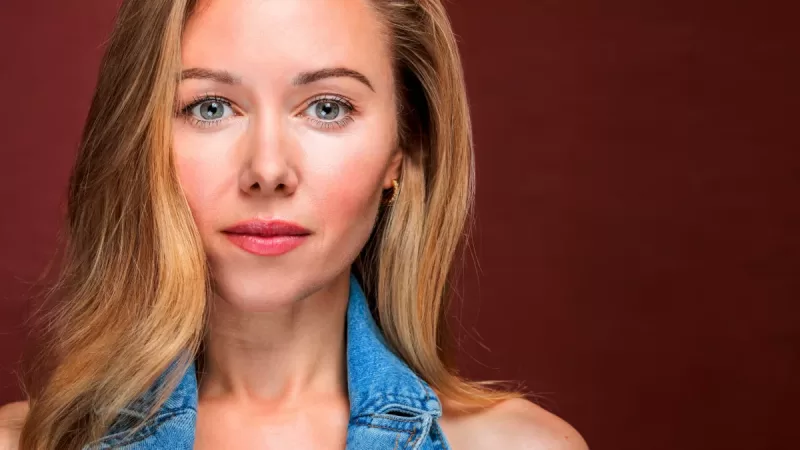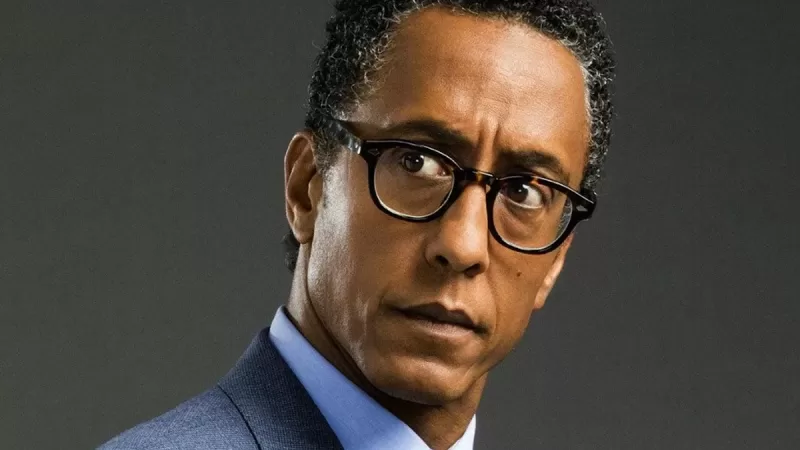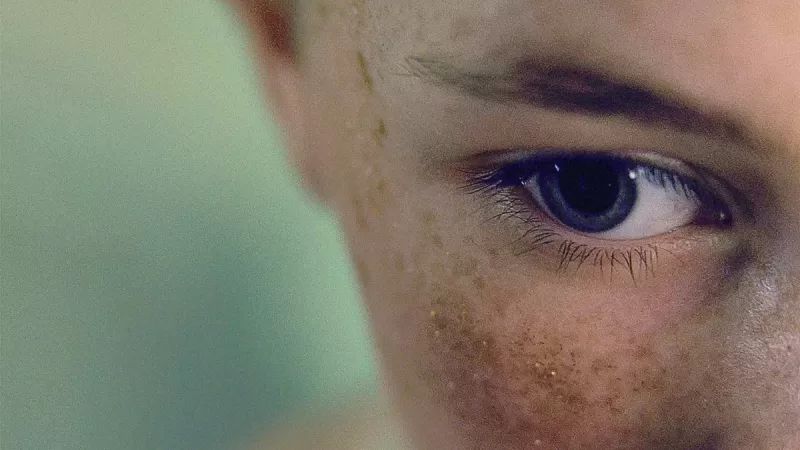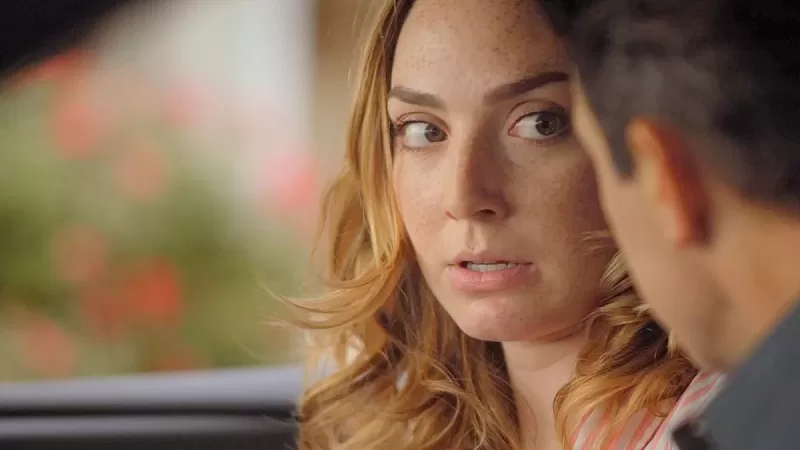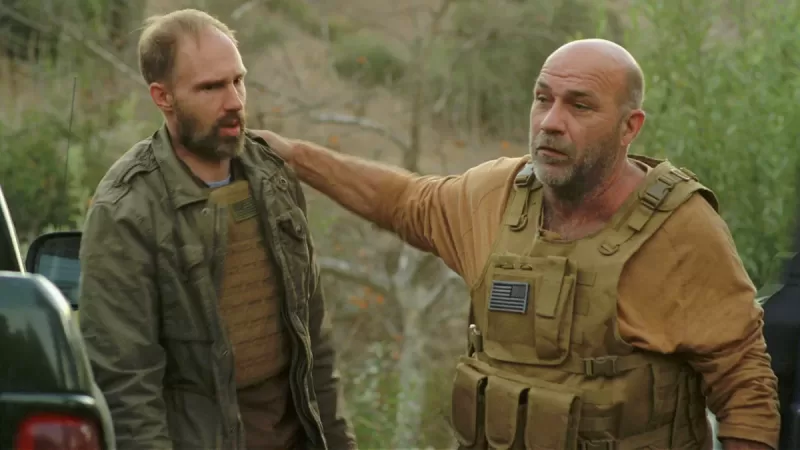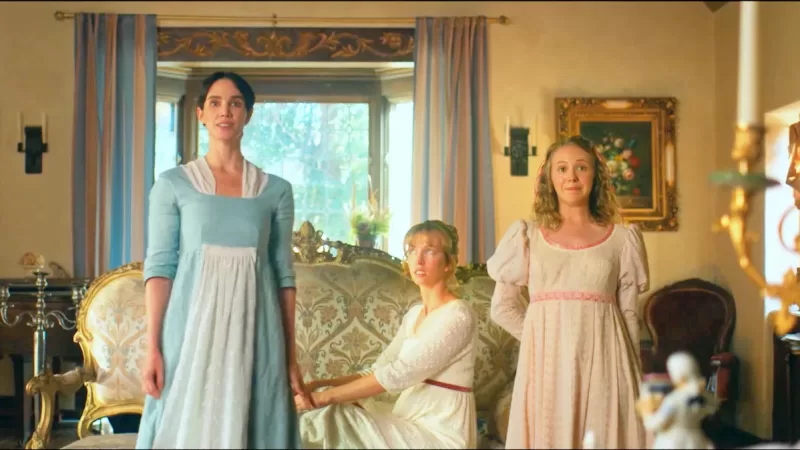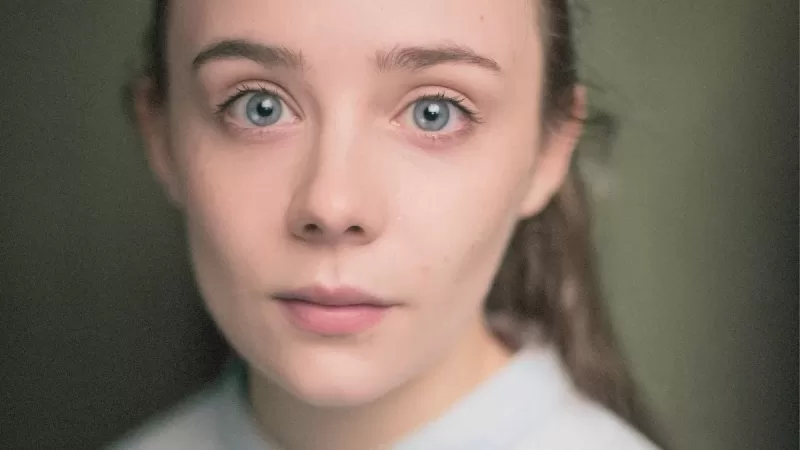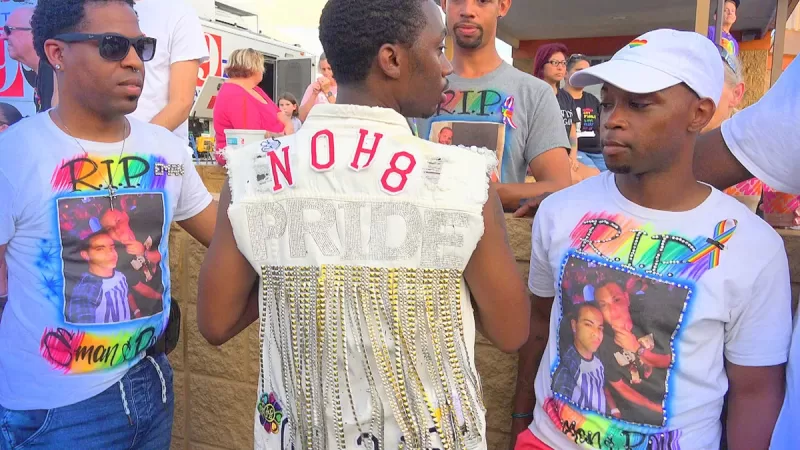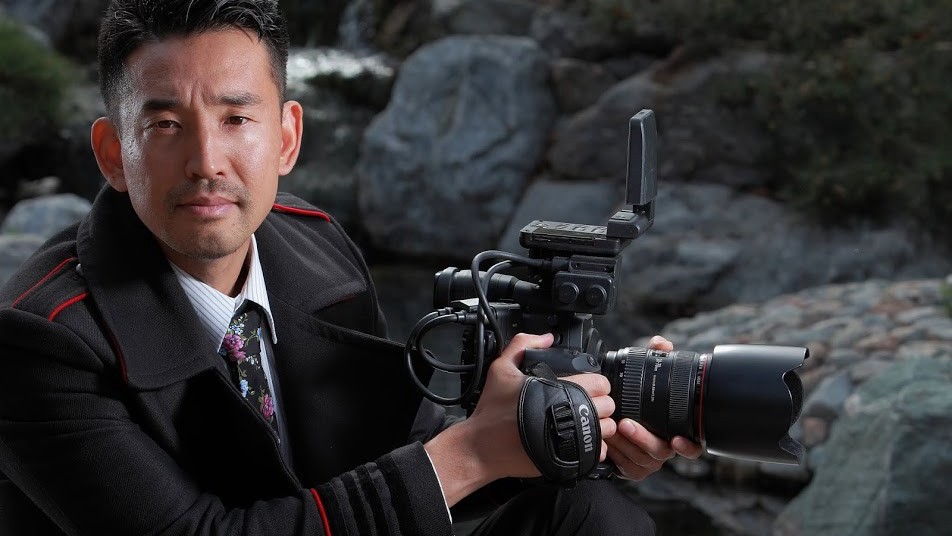
Yujiro Seki was born in Maebashi-shi, Gunma-ken, Japan. He encountered the world of filmmaking in high school. Then, Yujiro was heavily involved in Theater as an actor. One day, he saw high school seniors make a movie about young high school kids looking for Marijuana. “I was not impressed and thought to myself I could make something better so I got together with my actor friends and directed my first narrative feature film, Sokonashi Deka (Enigmatic Detective). It was a very difficult journey to put a narrative movie together for the first time but I fell in love with the process of making a story through a visual medium. It was like creating out of nothing” says Yujiro Seki.
Yujiro Seki tells us that, “My vision slowly came to being and became solid and tangible. The result was very satisfying. We hosted a premiere screening at my high school. Many people came and I heard a lot of laughter while they were watching the movie. I felt empowered and decided that I would like to pursue this as a career. My dream was to make a movie that inspires people. After making a few more movies, I graduated from high school and decided to go to the US to study cinema because at that time, I naively thought that to study cinema I must go to the US.”
However, I hardly spoke any English so it took me a couple of years of intensive English education before going to a community college and finally to the University of California, Berkeley to pursue a Film Degree. For my senior thesis, I worked on a short film about a Mexican sushi chef who tries to overcome discrimination. I was overwhelmed by the fact that after some years of living in the US, combating with my language barrier, I had finally made a short but one of a kind movie. There, again we had a screening at the University, many people came and gave me a standing ovation. After graduating from university, I found employment in a design company in Los Angeles. There, I became the director of the video production and had the opportunity to make commercial videos. It was a stable job but it was a soul-sucking job. It was far away from my vision of making a film that inspires people. So, after several years I decided to leave my job in order to pursue a project that would fulfill my original vision. I thought to myself, “Finally, I get to make the film that truly inspires people.” So, I decided to spend the next few years working on a project that was truly meaningful. I thought the 1400-year-old Japanese Buddhist statuary tradition would be the perfect theme for me to work on.
The Official Trailer for Carving the Divine – Buddhist Sculptors of Japan By Yujiro Seki
This is when the vague idea of the documentary Carving the Divine – Buddhist Sculptors of Japan was born. I had a lot of energy and passion when I started the project. However, I had no idea this project would be such a daunting challenge that would take many years to complete. So it took me 5 to 6 years of on-and-off shooting and more than one year to edit. Now, I have a solid project under my belt, I am focusing on going to the film festivals and building my audience through my social media networks, including Twitter, Facebook, Instagram, and YouTube. Soon, I hope to start distribution but unfortunately, because of the coronavirus pandemic, the process has slowed down and we must be patient.
There are many movies produced each year. While I have respect for any filmmaker who wholeheartedly completes any project, the majority of films out there are the extension or imitations of some works from the past. In other words, many of the works out there these days have essentially been recycled. While it is very difficult and almost impossible to create an original and one of a kind film, this is exactly what I strive for. Whether I can really create such a work or not, that’s exactly what makes life worth fighting for and dying for!
indieactivity : How do you choose a project to direct?
Yujiro Seki (YS) : At this point in my life, it is preferable that I work on a project that is unique and makes a difference in the world. Ever since I started making a film, it was my life’s pursuit to create a movie that inspires people. The industry generally focuses on what’s sellable rather than leaving everlasting timeless works of art that challenge us to think and grow maturely as a person. So, I do not wish to make another recyclable trash. I chose a project that inspires people to make a positive difference in themselves, their community, and the world as a whole.
Why filmmaking and screenwriting? Why did you get into it?
Yujiro Seki (YS): I think I’ve always had artist blood ever since I was little and my desire to create a work of art that moves and inspires people has been always very strong. Again, I encountered filmmaking when I was in high school by making my first detective feature, Sokonashi Deka (Enigmatic Detective). I experienced the power of filmmaking first hand. I intuitively chose filmmaking as the means to create a work of art that moves and inspires people. In my opinion, filmmaking is one of the most effective communication methods in the 21st century.
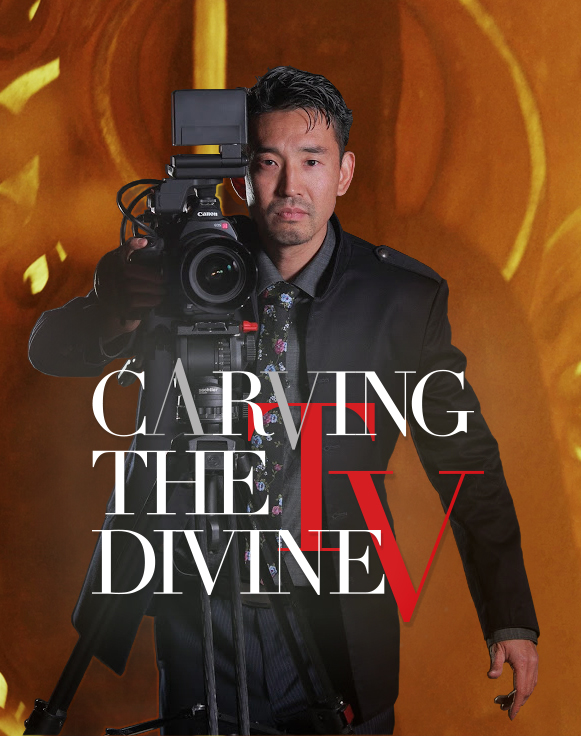
How can a filmmaker, if she so chooses, distribute her film? How do you get it in front of an audience?
Yujiro Seki (YS): Traditionally, the primary dream of a filmmaker is to create a good film with the aim of going to a major film festival. There, a filmmaker hopes to sign a contract with a major studio and receive a huge check. While this dream is still possible, in the 21st century with the advancement of the internet, I believe that now filmmakers no longer need to be a slave of the studio system. In the past, if your film wasn’t picked up by a major studio, the possibility success was slim to none. I understand normally filmmakers just want to make films; they do not want to focus on marketing. However, in the 21st century, we filmmakers have more control over our own films. By taking advantage of social media such as Twitter, Instagram, Facebook, YouTube and so on, we can spread the word about our own films and build our own audience. Why is that important? It is important because we do not 100 percent need to be dependent on distribution companies. If we do not like the deals that they are offering, we can decline the deals and start distributing films on own our on. We do not need to sell our films below market value (the value that you think the film is truly worth), just because they do not fit into the popular category of what is considered “sellable” for Hollywood executives.
Is there anything about the making of independent film business you still struggle with?
Yujiro Seki (YS): We independent filmmakers always have to struggle between vision and money. In my opinion, receiving a huge sum of investment does not automatically mean that it’s guaranteed to make a superior film. I have witnessed countless artists comprising their visions because they wanted to make their sponsors happy. Often, the sponsors try to force their visions on the filmmakers because they have money and filmmakers need money to continue their projects. On the other hand, completely self-funded filmmakers without a lot of outside support are forced to be more creative to complete their projects. Often, they compensate for their lack of funds with time. These filmmakers, in the end, might take more time to finish their projects but they make fewer compromises and remain true to their visions. Thus, these filmmakers succeed to tell the story that they want to tell. In a nutshell, independent filmmakers always struggle and probably always will to make their visions come true and create the movie that they truly want to make, whether they have a sponsor or are self-funded. I’m a filmmaker who took the self-funded path. That’s one of the reasons why it took me about 7 to 8 years to come this far. We are in the film festival stage and need to promote on social media to raise awareness of our project. Without any social media background, I had to learn about it from scratch. But, it is very gratifying because I made virtually no compromises. I truly believe in my vision and will keep believing in it. Everything about making my vision come true is a struggle but this struggle is exactly what I need to feel alive. This struggle is exactly why I became a filmmaker. I became a filmmaker to fight for my vision and create a movie that inspires people.
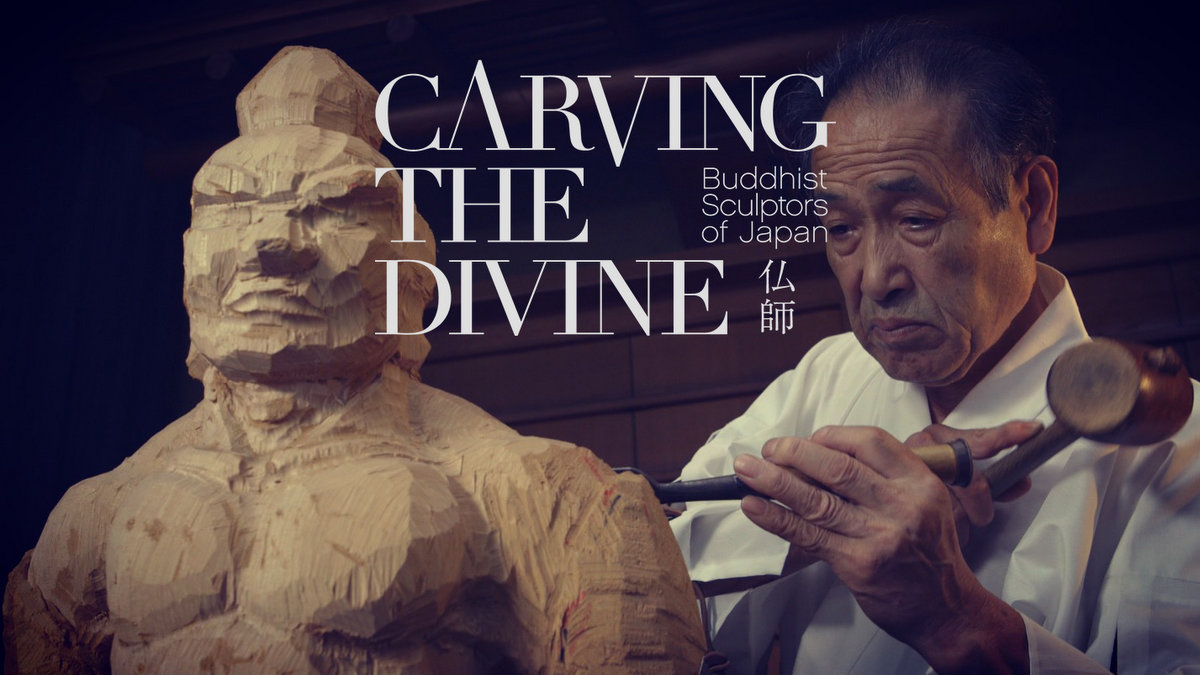
Talk to us about your concept of collaboration?
YS: I believe collaboration is not only about forcing my vision on other people but respecting the creativity of collaborators to create something greater than the effort of a mere individual, as long as both parties are talented and willing to work together with respect.
When you are offered a project, what things do you put in place to deliver a good job?
YS: If you are offered a job, you have a choice to take or not to take it. If the project is not something that you can devote your heart and soul to as a filmmaker, it is better not to take it unless you only care about the paycheck. I do not know if many people agree with my point of view but this is what I believe in at this point in my life. In other words, if I decide to take a job I must have the determination to try the best I can to deliver the best possible product. If I have that, I believe everything falls into place.
How do you find the process of filmmaking as an indie filmmaker?
YS: Making a film as an indie filmmaker is about the process of making the impossible possible. I believe any project whether it has failed or succeeded deserves a high degree of respect. When you do not have enough budget, you would have to ask other people to volunteer their precious time for your project, and you cannot be the only director but you have to wear many hats (producers, cinematographers, editors, actors, drivers and so on). You have to find a way to raise money often by the means of crowdfunding and borrowing money from family and friends. Often you are forced to learn and perform your own marketing. Often I wonder why I inflict so much pain and suffering on myself while I could have a normal, more comfortable job. But, for me, the process is extremely rewarding. In my opinion, very few things in the world give this much satisfaction. In this way, the process of filmmaking is art: the art in which we come face to face with the mysterious force called life, make meaning out of it, and share your vision with the rest of the world.
At what period in the filmmaking process, do you need to start planning for distribution?
YS: As soon as possible is better but the latest is when you’re about to finish editing.
Indie filmmaking is a model of zero or small budget. How do you get a film to the audience with such a budget?
YS: We need to compensate for the lack of money with time. With determination and a little budget, we can still build social media networks and get the word out about our films little by little. It is important to create exciting, free content in your network so that people will follow you and learn more about your film. In Japanese, there is a saying, “Even a piece of dust, if it piles up, becomes a mountain.” For low-budget filmmakers, it is important to take time, be patient and everyday work on your social media and other promotional materials. I believe in turn the audience will come around and see your film.
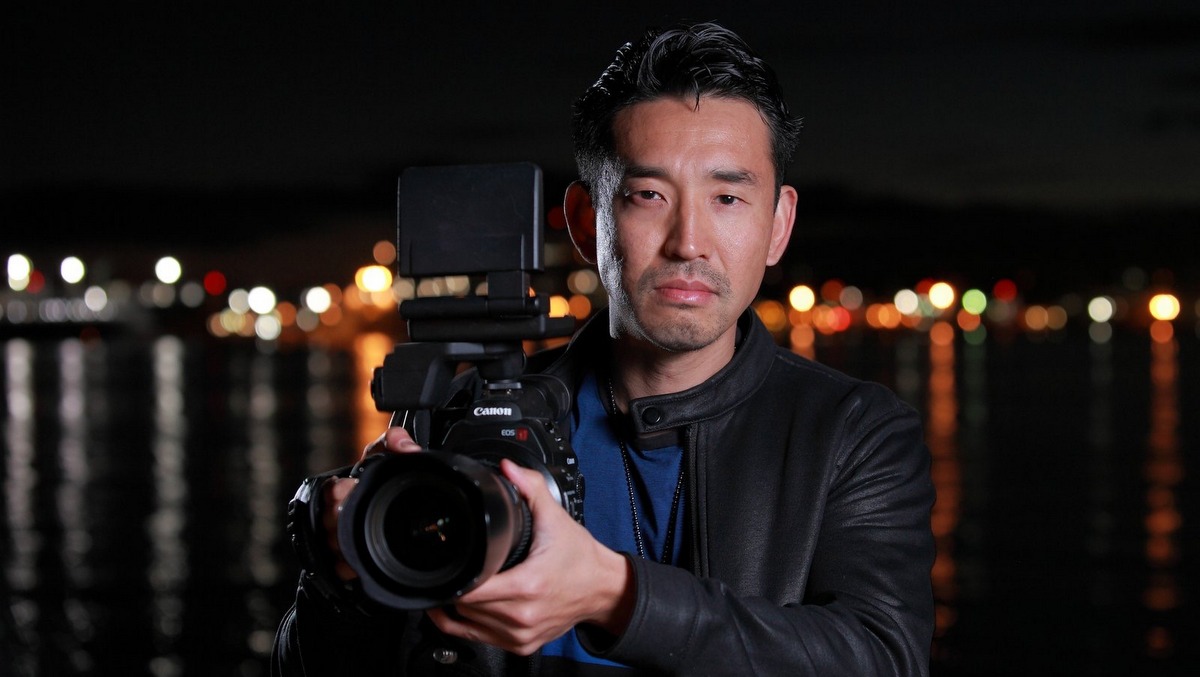
How do you think filmmakers can finance their projects?
YS: Well, if you are a startup, you need to expect to invest a vast amount of your own fortune and seek the help of your friends and family to embark on financing your own project. It is wishful thinking that all the financing will come somewhere other than your own pocket. If you wait for such a savior, the chances are that you will never make your own film. At first, you have to practice what you preach which is to spend your own money and tell the world that you are a filmmaker who is dead serious about your own project and there is nothing anyone can do to stop you. Once you have your project shot and you have something that you can possibly show people, you have more leverage to solicit funding from others. You could even have a successful crowdfunding but if you just have “a great idea” just like everyone else and have nothing to show for it, you are just one in a million people who have “a great idea” but are not willing to take any risk. I believe if you show that you are serious about your project and put your money where your mouth is, eventually people will come to join you in your vision. When that happens, you will have more funding to continue your project but at first, save up your money so that you can start on your own!
Describe your most recent work, or film, take us through pre, production and post-production?
YS: I have been working on the documentary film, Carving the Divine for almost a decade. Carving the Divine offers a rare and intimate look into the life and artistic process of modern-day Busshi – practitioners of a 1400 year lineage of woodcarving at the beating heart of Japanese, Mahayana Buddhism. We were in the festival circuit stage but due to Covid-19, most of the festivals are canceled or postponed so we now have to wait until the virus is under control. Then, we hope to start the distribution of Carving the Divine. We will be thrilled to finally spread the film around the world!
What is your experience working on the story, the screenplay, the production, premiere, and marketing?
YS: I have worked on all aspects of filmmaking. I have enjoyed the process of the idea coming into being. It is a long and tedious process but rewarding. To complete Carving the Divine, I had to meticulously shoot footage little by little and spent more than one-year editing because I had a massive amount of footage. It was endless, tedious work without any financial compensation. At times, I wonder why I am inflicting so much pain on myself but the idea of creating the work that potentially inspires people kept me going. There was no guarantee of success but I believed in my vision, still believe in it, and will believe in it.
How did you put the crew and cast together? Did you start writing with a known cast? What was your rehearsal process and period?
YS: There was no crew in my project during the production. I was a director, producer, writer, cinematographer, location sound person and everything else because of the lack of budget. But, I also wanted to prove to myself that I could do everything and still create a great work of art. But, I do not wish to do everything by myself ever again!
What and how long did it take to complete the script?
YS: There is not much script in the traditional sense in the documentary Carving the Divine. There was a script for interview questions and script for editing after we had the first draft. But the documentary really focused on a fly on the wall approach and let the story evolve organically. In other words, we did not have any forced controlled script. Every project is different but I wanted to take this approach in this particular project because, by this approach, I believed that I could capture the most authentic story of its kind.
Did the tight shooting schedule make it harder or easier? How did it affect performances?
YS: There was no tight shooting schedule. The shooting took place over the span of 5 to 6 years. I really took my time on shooting for this project. My subjects became comfortable with the camera being around them. In my opinion, it is very difficult to shoot an authentic and meaningful story in a very short period of time. The documentary is about an art tradition that spans 1400 years. So, I believe it deserved enough time so that I could capture the essence of this beautiful and cultural phenomenon.
How much did you go over the budget? If you did, how did you manage it?
YS: Again, I’ve been working on this project for almost a decade. I had to spend a good amount of my personal fortune. I never imagined that this project would take so much time and so much money, but it is like quicksand: once you are in, it is difficult to get out. I had help from my family and friends and at some point I organized crowdfunding as well. It is very difficult for a self-financed filmmaker to complete a project but on the other hand, I had complete creative freedom for this project because there was no big sponsor paying my bills and telling me how to do my job!
When did you form your production company – and what was the original motivation for its formation?
YS: The name Sokonashi Entertainment originated from the name of the feature narrative, Sokonashi Deka that I directed when I was in high school. Directly translated Sokonashi literally means “Bottomless.” The direct translation fails to convey the exact connotation of its original meaning. If something is bottomless, it is profound, enigmatic, and invincible. My entertainment company has a mission to create works of art that are profound, enigmatic, and invisible. Our works of art should directly communicate the heart and soul of sentient beings.
What other films have you written and made?
YS: I have created films since I was in high school. In high school, I made a feature detective narrative Sokonashi Deka (Enigmatic Detective), and three other short movies. In University, I worked on an experimental short film called Glass Wedding Gown and my thesis film, Sashimi Taco. I have worked on various videos for commercials and TV shows such as Designing Your Future as the director of the video department in Intermarket Design in Los Angeles California. But Carving the Divine – Buddhist Sculptors of Japan is by far the most serious project that I have worked on
What do you hope audiences will get from the presentation of your film?
YS: There are many documentary films out there that impose and force the filmmakers’ point of view on the audience. The filmmakers often have a strong opinion about certain issues in society and they utilize the film medium as a means to convey their message with the hope of influencing society and making the world a better place. While I have nothing against using a film to prove one’s point, Carving the Divine intends to have a very different approach. While it is impossible to completely do away with the subjectivity in creating a story, it was my intention to become just a hand to guide our audience through their own journey. My role in the film was to be a fly on the wall and present the world of Busshi (Buddhist sculptors of Japan) as it is. That’s at least what I tried my best to be. Through the journey of 98 minutes, I hope that the audience has the experience of going through the journey with Busshi and the opportunity to reflect on their own lives. I do not want to tell people how to think and what to think. The film can be sometimes challenging to watch because there is no first-person narrative, “the voice of god,” to tell you what or how to think. But I truly believe that rather than being told how to live life, it is a much more satisfying experience to be given the freedom to do that on our own. This is my biggest wish: that the audience will discover something about themselves internally and beyond.
What are your future goals?
YS: Just like everyone else, we have been delayed in the process of the film festivals and distribution of Carving the Divine. My primary goal is to start the distribution process in the near future so that people around the world can finally watch and enjoy one of the most important artistic traditions of Japan, the art of Busshi. Often people ask me about my next project, but currently, everything that I do revolves around Carving the Divine. I put my heart and soul into Carving the Divine. I am 100 percent all-in Carving the Divine. Therefore, I cannot think of any other project because if I did I would not be able to devote everything I have into the project. At some point, I have realized that the project is a lot more than just my personal egotistic glory. I truly believe that this 1400-year-old art tradition is a lot more than my own existence. I have to humbly admit that I’m a mere person who happened to make a documentary about it. So, I take this Carving the Divine project as my duty on earth before I transition to the next world. That’s the reason why I take it very seriously.
Tell us about what you think indie filmmaker need in today’s world of filmmaking?
YS: I think it is important to think of filmmaking as more than just making a film. It is important to build your own audience through social media platforms so that you can have control over your destiny and career. The time of only depending on the big guys to save us is over! It is the era of saving our own self and our future so that we can have an everlasting career on our own terms!
What else have you got in the works?
YS: Apart from the documentary Carving the Divine, I have started a YouTube TV series Carving the Divine TV. Carving the Divine TV is a series of Q&A sessions with Buddhist scholars and practitioners. These Q&A sessions explore the basic concepts of Buddhism and the history of Buddhism so that when viewers finally watch the documentary Carving the Divine, they will get the maximum value out of the documentary. At first, I started this “extra” activity as a part of the promotion for audience building. But, as I worked on the show more and more, the quality of guests became more and more serious and the show’s contents have become even more educational, profound, and entertaining. Now, we have a vast library of structured and easy-to-understand videos about Buddhism and Buddhist art.
Yujiro Seki will continue to work on this series, not only to let the world know about Carving the Divine but also to make a contribution to the entire community for easy-access educational materials.
Tell us what you think of the interview with “Yujiro Seki” What do you think of it? What ideas did you get? Do you have any suggestions? Or did it help you? Let’s have your comments below and/or on Facebook or Instagram! Or join me on Twitter @oladapobamidele
Follow Yujiro Seki on Social Media
Website
IMDb
Facebook
Twitter
Instagram
LinkedIn
Escape by Howard J. Ford stars Sarah Alexandra Marks from Saban Now Out on VOD
Actress Sarah Alexandra Marks stars of a Saban action/thriller titled Escape
Andre Royo to Deliver Keynote Address at Beyond Hollywood Int’l Film Festival Awards Night
Andre Royo is at Beyond Hollywood Int’l Film Festival Release April 28th, 2024
CLODAGH Directed by Portia A. Buckley is an Official Selected Short at Cleveland
CLODAGH has been selected for the prestigious Cleveland International Film Festival
Stargazer by Alan McIntyre. A Spellbinding Tale of Science, Seduction and Betrayal Debuts April
Stargazer Gets Digital Debut for North American VOD Platforms and DVD on April 30, 2024
Day Labor by R. Ellis Frazier, Action Thriller Gets May Release
Freestyle Digital Media Acquires Action Thriller “Day Labor” For May Release
Jane Austen’s Period Drama Wins Audience Awards at Cleveland International Film Festival
Julia Aks and Steve Pinder’s Whimsical Comedic Short Wins The Audience Choice Award
Thomasin Lawson, Joins Honor Swinton-Byrne and Greta Bellamacina on “All Five Eyes”
Alta Global Media on board to Executive Produce the US/UK Co-Production
Exclusive Interview with Aleesha Yates on Feature Documentary, “Surviving Pulse”
Aleesha Yates is a driving force behind making “Surviving Pulse: Life After a Mass Shooting” feature doc.

